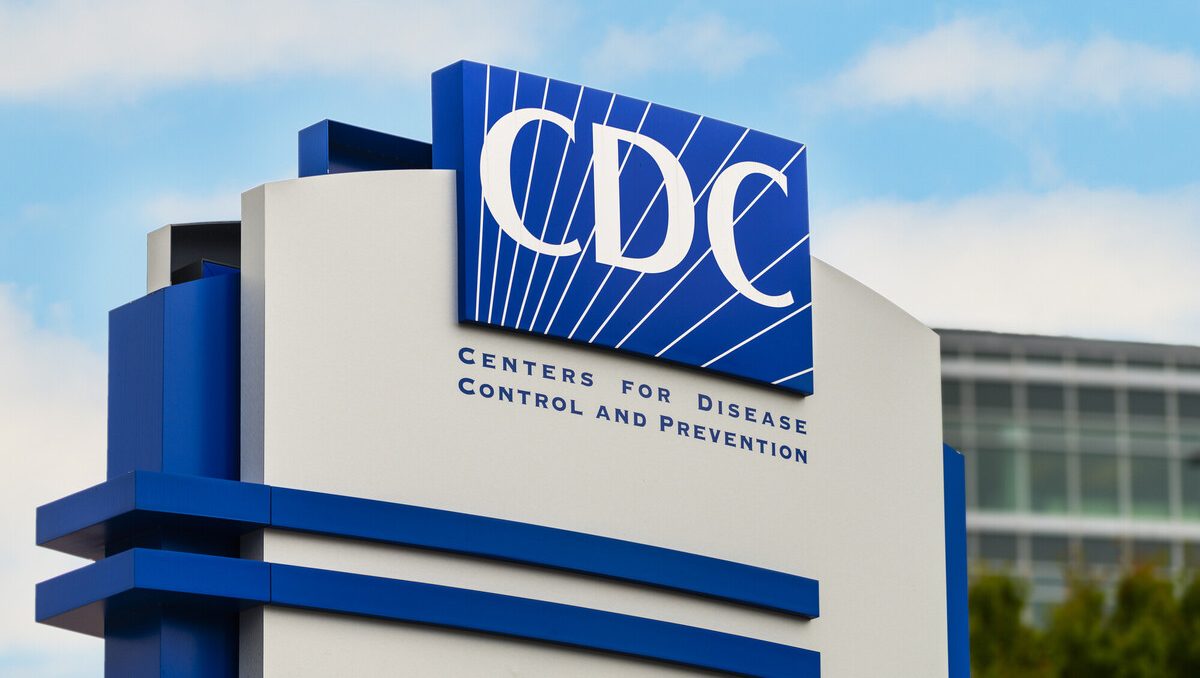In a significant development for the nation's ongoing struggle against the opioid epidemic, the Centers for Disease Control and Prevention (CDC) is set to receive long-overdue funding for crucial initiatives, including the Overdose Data to Action (OD2A) program. This program, which plays a vital role in supporting state and local public health departments in their efforts to combat overdose deaths from fentanyl, methamphetamines, and other substances, was previously facing a substantial funding shortfall. According to a senior CDC leader, the agency will now be able to provide full funding for the OD2A program, bringing much-needed relief to health departments across the country that have been hampered by delays and uncertainty.
The release of these funds comes after months of concern and frustration among public health officials, who have been warning about the potential consequences of delayed or partial funding for critical programs. The OD2A program, in particular, has been instrumental in helping states and localities to track and respond to the evolving overdose crisis, and any disruption to its funding could have serious implications for efforts to prevent overdose deaths. As Dr. Scott Harris, who runs Alabama's health department, noted, "Most state health departments get most of their funding from the feds — in Alabama's case, we get more than two thirds of our funding from federal grants, predominantly CDC." The full funding of the OD2A program will enable these departments to continue their vital work, but as Sharon Gilmartin, director of the Safe States Alliance, cautions, "it'll be welcome, but it's not without the toll that it's already taken."
The funding delays that have affected the CDC and its programs are part of a broader issue with the agency's budget, which has been slow to materialize despite being approved by Congress. For months, the CDC has been receiving small amounts of money every 30 days, just enough to cover payroll and limited expenses, but not sufficient to support the full range of its activities. This has created significant uncertainty and disruption for grantees and partners who rely on CDC funding to carry out their work. As the senior CDC leader describes it, the process has been like receiving money "with an eyedropper," making it difficult for the agency to plan and allocate resources effectively.
The release of funding for the OD2A program and other CDC initiatives is a positive development, but it also highlights the need for more stable and predictable funding for public health programs. As Gilmartin notes, "I don't think anybody will feel confident until they have money in hand," and the experience of the past year has raised concerns about the potential for future funding disruptions. It is essential for policymakers and stakeholders to work together to ensure that public health agencies like the CDC have the resources they need to respond effectively to emerging health threats and promote wellness and prevention in communities across the country.
The CDC's efforts to combat the opioid epidemic and support other critical public health initiatives are crucial to promoting health and wellness in the United States. By providing full funding for programs like the OD2A, the agency can help to prevent overdose deaths, support individuals struggling with addiction, and promote healthy lifestyle choices. As individuals, we can also play a role in supporting these efforts by staying informed, seeking help when needed, and consulting with healthcare professionals for guidance on maintaining our physical and mental well-being. By working together, we can build stronger, healthier communities and promote a culture of wellness and prevention.
In conclusion, the release of overdue funding for the CDC's initiatives, including the OD2A program, is a significant step forward in the nation's fight against the opioid epidemic. While there is still much work to be done to address the underlying causes of this crisis and to promote health and wellness in all communities, this development brings hope and relief to those who have been working tirelessly to combat overdose deaths and support individuals struggling with addiction. As we move forward, it is essential that we prioritize stable and predictable funding for public health programs, support evidence-based initiatives, and promote healthy lifestyle choices to build a healthier, more resilient nation.

